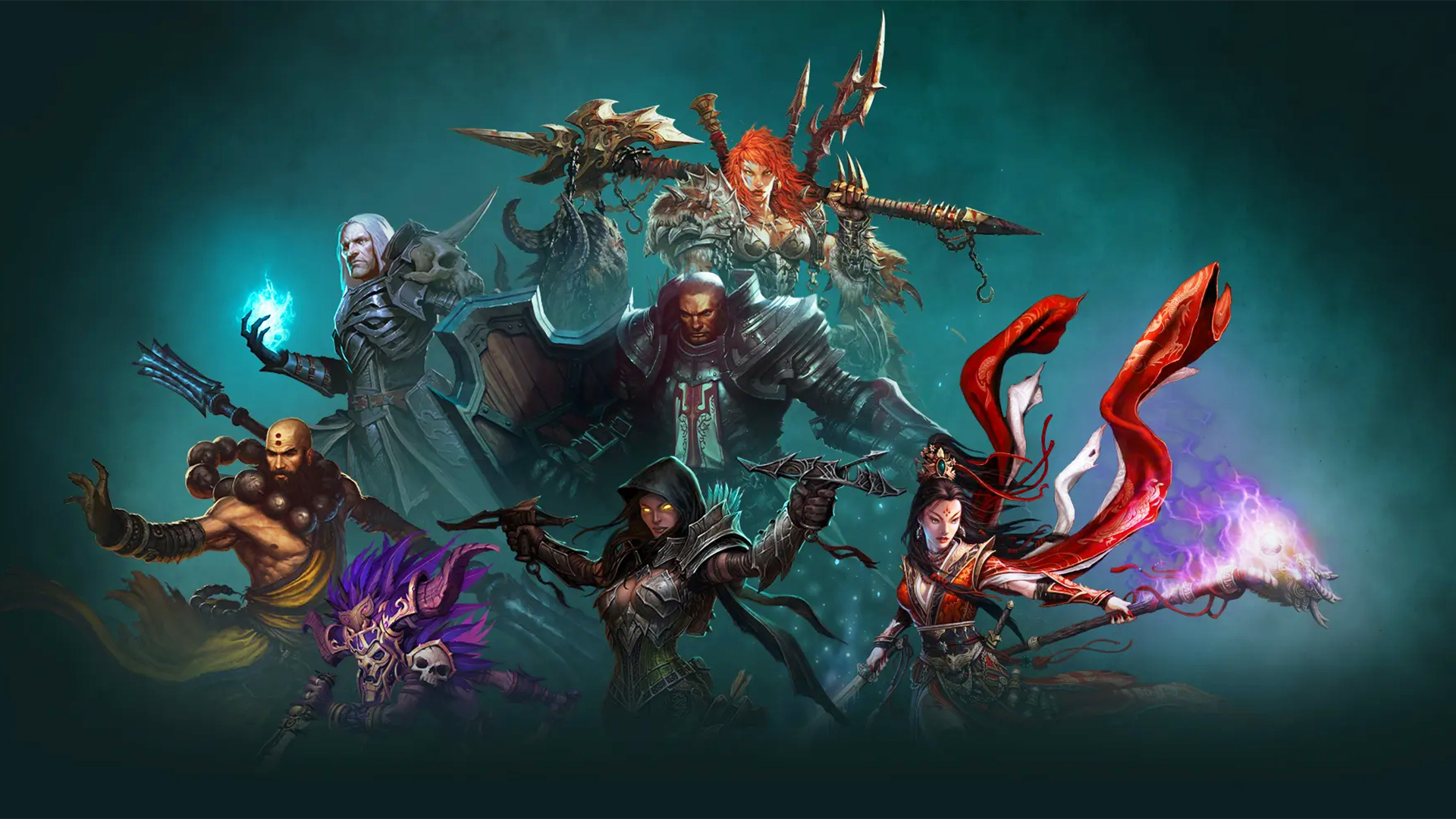Diablo 3's final season adds a solo play mode that fans have wanted for years
And major changes to the Paragon point system.

Before Diablo 3 is officially sunset and begins repeating its past seasonal themes, season 29 will arrive with a solo-only mode and a rework of its endgame Paragon system—two common requests from fans over the years.
Diablo 3 season 29 is available to play in an early form on the game's PTR starting today. In it, you can try its new "solo self found" mode that bars you from playing with others for the bonus XP or ability to trade items. Other action RPGs, like Path of Exile, offer this mode so solo players can have separate seasonal leaderboards from those who play in groups. Solo Self Found will also be available to play in Hardcore mode.
Paragon points, Diablo 3's powerful endgame progression system, will now have a limit for each stat you can increase. Previously, you could endlessly dump points in your class' main stat and defensive stat, which gave you an advantage for simply playing a lot. Now, you can only place up to 200 Paragon points in attack speed, cooldown reduction, critical hit chance, and critical hit damage.
Season 29, also known as Visions of Enmity, will give monsters a chance to leave Diabolical Fissures behind. Starting at level 1, you can enter these portals to fight difficult monsters for higher rewards. Monsters will also have three new affixes that can reduce your movement speed, increase your cooldowns, reduce your healing, and deplete your resource for casting skills.
The Solo Self Found mode seems to be what Diablo 3 players have wanted for a while. It's a feature that I see come up a lot in Diablo 4 discussions, too. Even if the leaderboards recognize individual players, those players can get a headstart by taking advantage of the group XP benefits.
"This is going to be the most fair season ever to compete in the game," Diablo content creator Raxxanterax said in his video about the update.
Diablo 3's final new season will be on PTR until August 29 and, if things go well, should officially start right after.
Keep up to date with the most important stories and the best deals, as picked by the PC Gamer team.
Tyler has covered videogames and PC hardware for 15 years. He regularly spends time playing and reporting on games like Diablo 4, Elden Ring, Overwatch 2, and Final Fantasy 14. While his specialty is in action RPGs and MMOs, he's driven to cover all sorts of games whether they're broken, beautiful, or bizarre.

